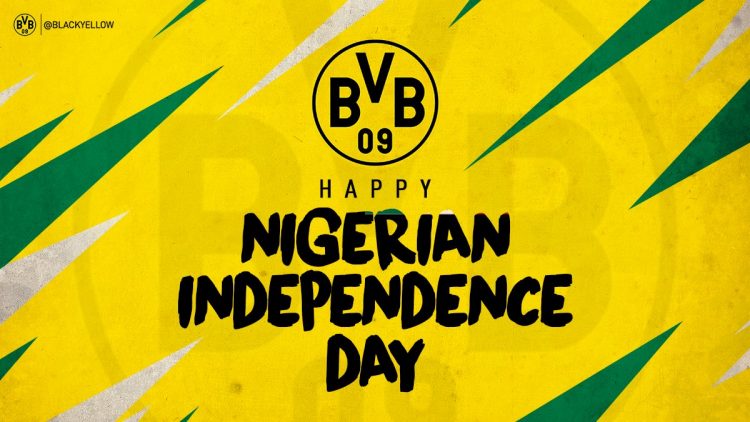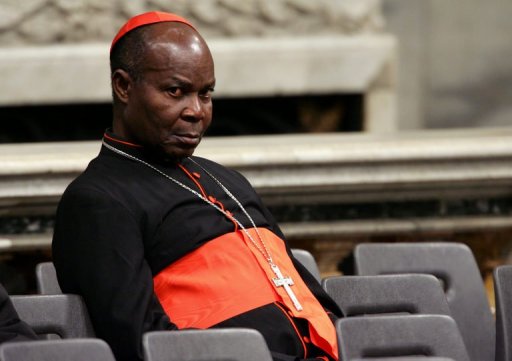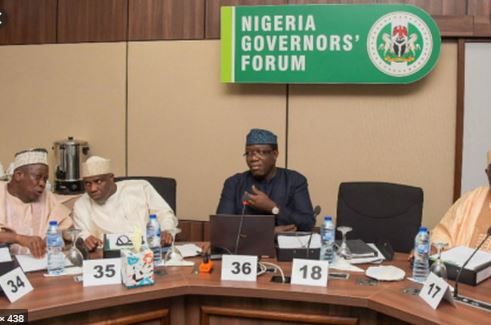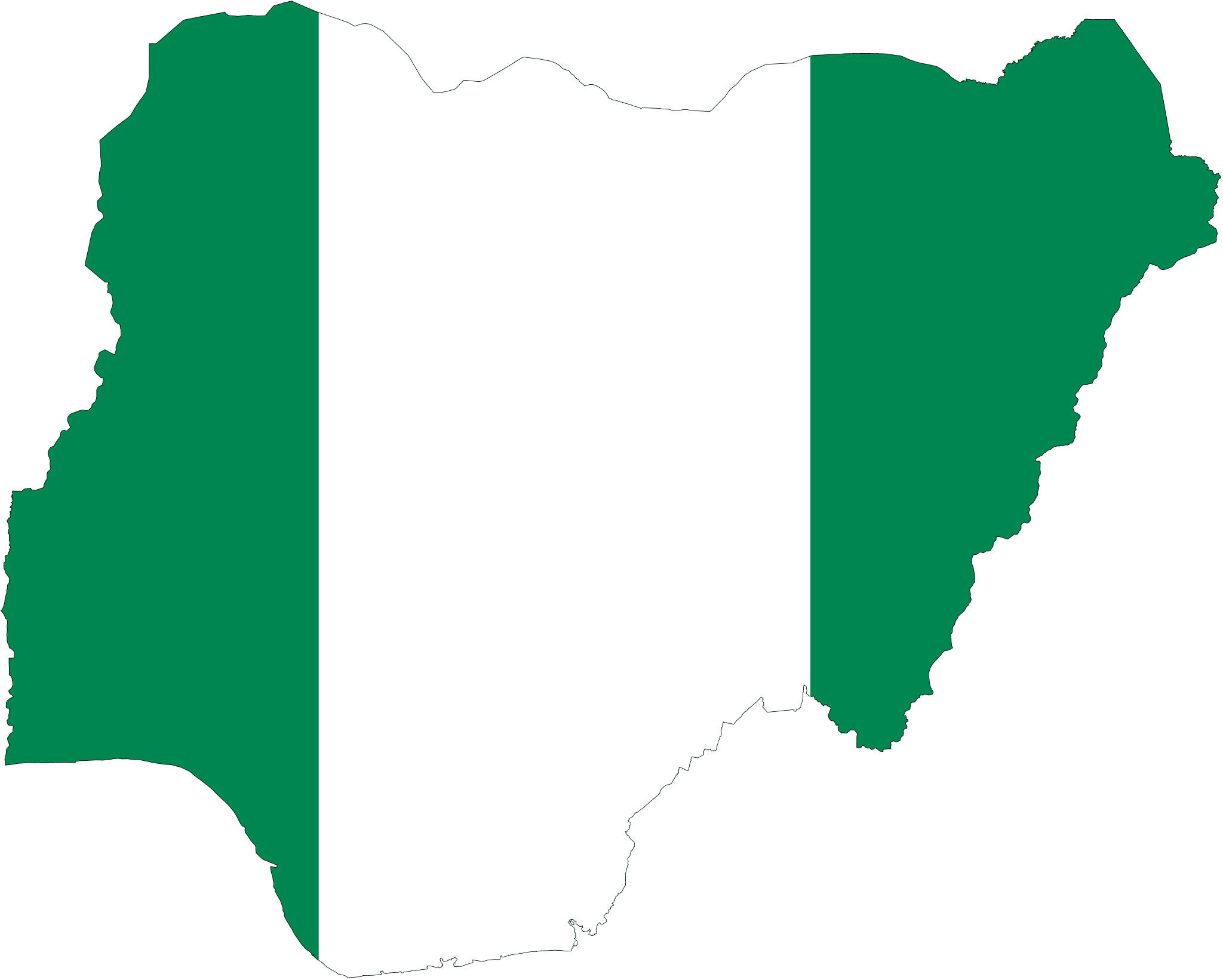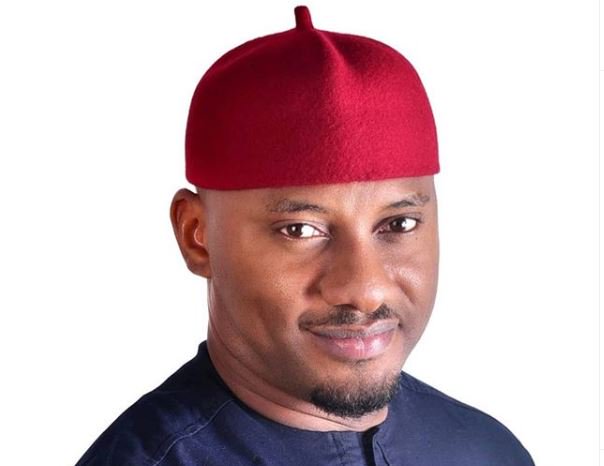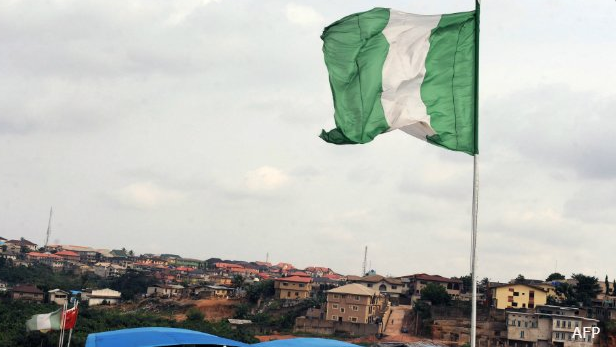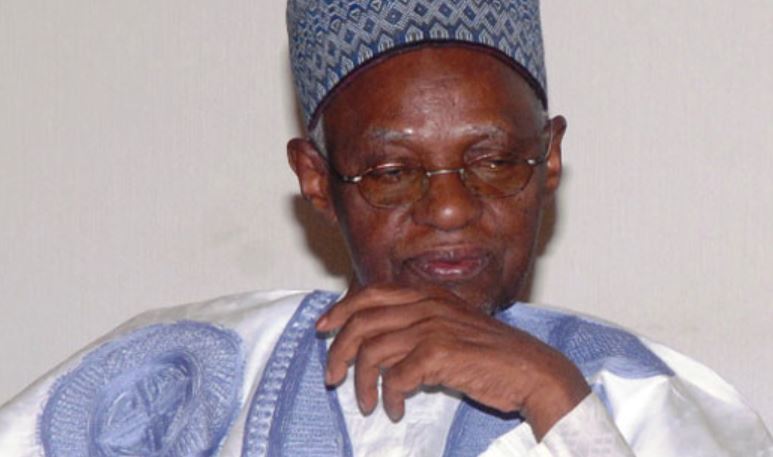Fifty-nine years of existence as a nation, no doubt, offers Nigeria a unique opportunity to appraise its performances in the sports world at local, continental and global levels.
For many perceptive analysts, it has been a mixed fortune of sorts, weighed against the backdrop of many challenges in different fronts, which sometimes suggested under-achievements.
Minister for Youths and Sports, Mr Sunday Dare said the current leadership is concerned with laying structure for development in the country and that the present administration is interested in sports development that goes beyond sporting activities
“In the past, there were distractions. But we will not be distracted, our eyes are set at the tip of the spear, we have a template and we will follow our plans.
“Also, we will go by the rule of law and also work with all federations, so long as the leadership is recognised by law.
“At that point, we owe it to Nigerians to work with them to such a point where we can develop every sports activity in our country the way they should be and put them in the right perspective,” the minister said.
At the attainment of independence Nigeria gradually shook off the shackles of colonialism as she began the process of development in all spheres of her existence.
The first step towards sports development in Nigeria was the setting up of the National Sports Commission in 1963 with Late Pa Abraham Ordia as the Secretary.
Despite the challenges that has rocked the sport industry since its existence, Nigeria has had notable moments in the sporting world.
Below are major moments to call back to since Nigeria got its independence from the British colony.
Winning 1980 AFCON on home soil
After two consecutive third-place finishes in the 1976 and 1978 African Cup of Nations (AFCON)tournament, Nigeria finally got her hands on the title on home soil in 1980.
This was also her first appearance in the final and goals from Wole Odegbami- who netted a brace- and Mohammed Lawal gave Nigeria a 3-0 win over Morocco in the final.
Getting to your first AFCON final, getting your hands on the title and on home soil only occur in dreams. Nigerians dreamt and it happened.
1985 FIFA U-16 World Championship title
The first edition of the FIFA U-17 World Cup was just for the U-16s and it was won by Nigeria.
In far away China, the likes of Nduka Ugbade, Fatai Atere, Jonathan Akpoborie, Baldwin Bazuaye, Victor Igbinoba and late Kingsley Aikiobare won Nigeria its first international football trophy.
They won four games out of five en route the final where they beat West Germany 2-0 to lift the trophy.
Miracle of Dammam in 1989
Nothing drives football madness more than come-back victories and that was what Nigeria’s Flying Eagles did at the 1989 FIFA U-20 World Cup in Saudi Arabia.
Nigeria won one game and got a draw in the Group Stage to progress to the quarter-final where they met The Soviet Union.
Within 46 minutes of the clash, Nigeria were already down 4-0. The late Olatunde Disu led side fought back to level 4-4 before winning the tie via penalties. With that feat, they became the first team to come back from four goals down to equalise and then go on to win a FIFA World Cup match at any level.
This game was so iconic it got a name of its own. The Dammam Miracle they call it, in reference to the city of Damman in Saudi Arabia where the game was played.
Barcelona 1992 Summer Olympics
The most medals Nigeria had ever won at a Summer Olympics were the two she got at the Los Angeles 1984 Olympic Games, but the likes of Oluyemi Kayode, Olapade Adeniken, Mary Onyali and Christy Opara Thompson made history by winning four.
Kayode, Adeniken, Davidson Ezinwa, Chidi Imoh, and Osmond Ezinwa won silver in the Men’s 4 × 100 m Relay while David Izonritei also won silver in boxing.
Perhaps the most memorable moments for Nigerians at the 1992 Olympics was the feat of the quartet of Beatrice Utondu, Faith Idehen, Onyali and Opara Thompson who won Bronze for Nigeria in the Women’s 4 × 100 m Relay.
Winning 1994 AFCON
After Nigeria’s first AFCON win in 1980, they had to wait 14 years to win another. In between those wins were painful losses in the final (1984 and 1988 to rivals Cameroon, to Algeria in 1990 and a third-place finish in 1992.
Another AFCON title win was due for Nigeria and it happened in Tunisia in 1994.
First FIFA World Cup in 1994
The Super Eagles of Nigeria took the world by storm at the 1994 FIFA World Cup in the United States. Led by Dutch coach Clemens Westerhof and playing an exciting brand of football, Nigeria went on to beat the likes of Bulgaria and Greece in the Group Stage to announce themselves on the world stage.
What a moment it was for the Super Eagles. Despite a second-round loss to Italy, the Super Eagles left their first ever FIFA World Cup with their heads high and some memorable moments.
One of the most iconic Nigerian photos is that of the late Rashidi Yekini holding the net after scoring Nigeria’s first goal at the FIFA World Cup. Memories!
Atlanta 1996 Olympic Games
With Nigeria already a respected name in football, another Dutch coach Jo Bonfrère put together a team made up of some of the players from the 1994 World Cup and a couple of young players for the football event of the 1996 Olympic Games.
Captained by a young Kanu Nwankwo, Nigeria went on to beat superpowers like Brazil and Argentina to win the gold medal in the football event of the Olympics. Due to the difference in time zones, Nigerians always stayed up late at night to watch the games.
These nights turn to days with fireworks from Nigerians celebrating their new heroes.
Not to forget Chioma Ajunwa who also won gold at the Women’s Long Jump event, Mary Onyali who won bronze in Women’s 200 metres, Falilat Ogunkoya also got bronze in Women’s 400 metres while Duncan Dokiwari also got bronze in Men’s Super Heavyweight.
Ogunkoya, Bisi Afolabi, Fatima Yusuf and Charity Opara also together won silver in Women’s 4×400 metres Relay.
Six medals in total, making it the most successful Olympic Games for Nigeria.
Super Falcons at 1999 FIFA Women’s World Cup
Having played in two FIFA Women’s World Cup tournaments, the Super Falcons of Nigeria were without a win in six games.
A 2-1 over highly rated North Korea set their 1999 World Cup on the part of an iconic moment. They beat another highly rated side, Denmark to progress to the quarter-final where they faced Brazil.
That game is considered to be one of the greatest matches in Women’s World Cup history. The Brazilians were 3-0 ahead just under 35 minutes but the Super Falcons fought back to level the score.
Even though they eventually lost the game via a 104th-minute golden goal, Nigerians and the world in general can never forget the most colorful and exciting Super Falcons side ever.
Samuel Peters WBC heavyweight title win
As a boxer, Samuel Peter was one of the best out of Nigeria. The whole country saw him win the WBC Heavyweight title in 2008, defeating Oleg Maskaev by TKO.
After dominating the game, Peter caught Maskaev with his right hand which put the Russian-American on the back foot. Peters continued to attack to win the game.
Winning 2013 AFCON title
It was 19 years since Nigeria won her last AFCON title and patience was running out when late Stephen Keshi’s boys conquered Africa to win the title in 2013.
From the surprise victory over favourites Cote d’Ivoire to the win over Burkina Faso in the final, it was thrilling for Nigerians.
Super Falcons win third consecutive AWCON
With their dominance in African football waning, the Super Falcons still fought hard to win their third straight Africa Women’s Cup of Nations (AWCON) in Cameroon.
The country watched with bated breath as the Super Falcons recovered from their opening game loss to win the title in South Africa.
They had to deal with a strong Cameroonian team and a very much improved Bayana Bayana of South Africa to win Nigeria’s ninth AWCON title
D’Tigress reach quarter-final of FIBA Women’s World Cup
D’Tigress of Nigeria defeated Greece 57-56 at the 2018 FIBA Women’s World Cup in Spain, making them the first African team to reach the quarter finals of the tournament.
D’Tigress also makes history as the first African team to win three straight games.
But D’Tigress succumbed to a resurgent USA in the quarter-final of the tournament

